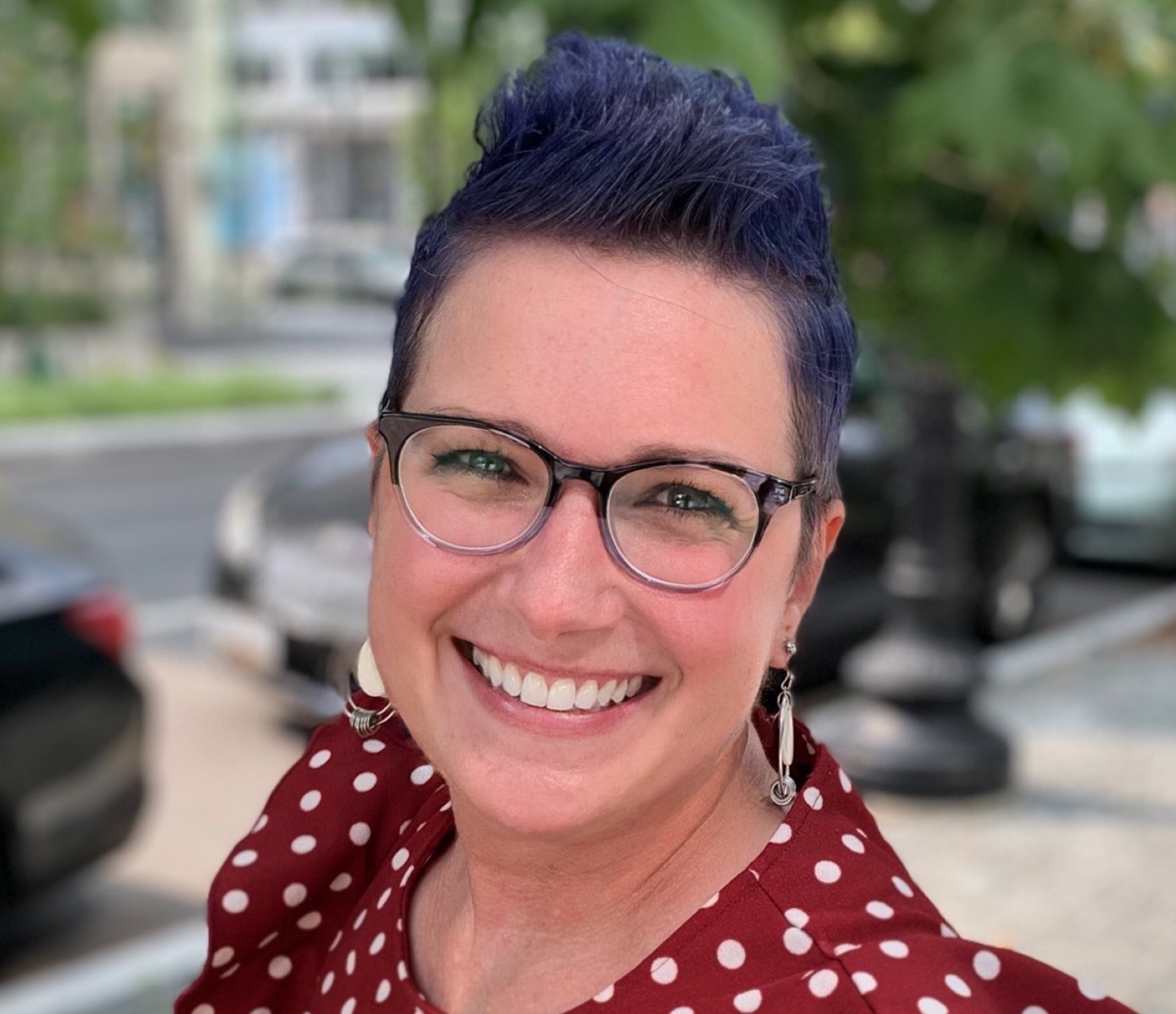J&J Adds Express Scripts, Accredo to SaveOnSP Lawsuit Over Copay Maximizer
-
Feb 06, 2025
More than two-and-a-half years after it first brought a lawsuit against SaveOnSP, Johnson & Johnson has added two additional divisions of The Cigna Group to the case challenging its copay maximizer program. In a recently unsealed motion, J&J added Express Scripts and Accredo as defendants “to stop a scheme to pilfer tens of millions of dollars from the financial support that JJHCS [Johnson & Johnson Health Care Systems Inc.] provides for patients.”
Traditionally, when a manufacturer provides copay assistance for one of its drugs, that dollar amount would count toward the patient’s deductible and out-of-pocket maximum. But copay maximizer programs will distribute 100% of available manufacturer copay offset funds over 12 months, as opposed to copay accumulators, which apply the maximum manufacturer assistance up front and deplete that contribution before the end of the year. Payments in both approaches do not count toward members’ deductibles and out-of-pocket maximums.
The programs almost exclusively target specialty drugs.
Plans that work with maximizers classify certain drugs as “non-essential health benefits” (NEHBs) per the Affordable Care Act (ACA), and then the maximizer secures funding for patients who are prescribed those drugs considered non-essential from manufacturers’ or charitable foundations’ patient assistance programs, allowing patients to get their medication for free.
“The ACA requires coverage of a specific number of medications in each therapy class,” explained Ben Link, Pharm.D., vice president of pharmacy at 3 Axis Advisors, in an earlier article. “Anything beyond that can be classified as NEHB, which enables these programs to operate to extract maximum copay dollars.” These companies, he told AIS Health, a division of MMIT, “are taking advantage of what I may consider a loophole in ACA design.”
Similar to Express Scripts offering SaveOnSP, CVS Health’s Caremark offers PrudentRx and UnitedHealth Group’s Optum Rx offers what it calls a variable copay program via its Optum Rx Copay Card Solutions.
While both accumulators and maximizers have been under fire from manufacturers and prompted CMS to do away with maximizers in nongrandfathered individual and small group market plans (but not large group market plans and self-funded group plans), their use continues to grow, as payers seek savings in paying for costly specialty drugs.
For the Managed Care Biologics and Injectables Index: Q3 2024, from Aug. 19, 2024, to Sept. 12, 2024, Zitter Insights polled 35 commercial payers covering 121.0 million lives about their current and anticipated use of copay maximizer and copay accumulators. Payers covering 74% of lives said they had implemented a maximizer program before 2024.
Zitter Insights also is a division of MMIT.
J&J Filed Initial Lawsuit in 2022
On May 4, 2022, J&J filed a lawsuit (No. 2:22-cv-02632) in the U.S. District Court for the District of New Jersey against SaveOnSP accusing it of exploiting the Janssen CarePath copay assistance program. SaveOnSP evaded the out-of-pocket maximum in the ACA by declaring drugs NEHBs, it alleged, and charged copays to boost the money it received from copay assistance. SaveOnSP used that “inflated copay cost to coerce patients to enroll” in its program, according to the complaint.
The original complaint, explains Jesse C. Dresser, Esq., a partner in Frier Levitt’s life sciences department and head of the firm’s pharmacy practice group, “targeted SaveOnSP for devising the scheme to misappropriate funds from J&J’s CarePath program. It was later discovered, likely in the course of discovery, that SaveOnSP was not acting alone, and further investigation uncovered close partnerships with Express Scripts and Accredo (a fact many in the industry plainly suspected).”
Then on March 14, 2024, J&J filed a motion to amend/correct the lawsuit, followed by an amended complaint filed under seal on Oct. 2, 2024. In late November, the amended lawsuit was unsealed.
The amended lawsuit alleges that “this scheme was devised by SaveOnSP, was implemented with Express Scripts and Accredo, and generated a financial windfall for all three companies. But the patient assistance that JJHCS provides is for patients — not for SaveOnSP, Express Scripts, Accredo, or the health plans with which they partner. By targeting and exhausting those patient support funds for the benefit of their bottom line, Defendants are increasing the cost of the assistance that patients need. That will irreparably harm JJHCS and the patients it serves.”
The amended complaint alleges that Express Scripts was a “key partner in the scheme, providing operational support, marketing the program to its clients and profiting through a shared fee arrangement based on the ‘savings’ extracted from the patient assistance program,” says Dresser. “Additionally, Express Scripts leverages its market position to give the SaveOnSP program legitimacy and drive business.”
As far as Accredo’s role, the lawsuit alleges that it “facilitates patient enrollment, often through point-of-sale claim rejections and ‘warm transfers’ to SaveOnSP, and benefits through increased transaction volume and copay assistance funds collected,” he explains. “Accredo is identified as the exclusive specialty pharmacy for most patients in the SaveOnSP Program.”
J&J is requesting a jury trial.
‘It’s About Time,’ Says Industry Expert
“I think it’s about time” that J&J added Express Scripts and Accredo to the lawsuit, says Madelaine Feldman, M.D., FACR, a clinical assistant professor of medicine at Tulane University School of Medicine and provider with The Rheumatology Group in New Orleans. “It is Express Scripts’ formulary that has deemed those specialty drugs as non-essential, meaning no patient cost share for these drugs will be counted towards the deductible or out-of-pocket maximum, even if the money comes out of the patient’s own pocket.”
“J&J has asserted in the past that Accredo has made it difficult for patients to sign up for their CarePath patient assistance program unless they have already registered with SaveOnSP,” she says.
Feldman, who also is vice president of advocacy & government affairs and past president of the Coalition for State Rheumatology Organizations, shared a letter with AIS Health that one of her patients received from SaveOnSP in 2018. The letter, written on Express Scripts letterhead, contains a list of almost 100 specialty drugs and their copays — the vast majority of which were more than $1,000 — that patients would be responsible for if they did not sign up for SaveOnSP. Those copays, explained the letter, would not count toward the patient’s deductible or out-of-pocket maximums because the drugs were considered NEHBs.
If they did sign up, their prescriptions would be free, and they would be filled through Accredo.
The letter, says Feldman, was “quite clear” that the patient “had to sign up for SaveOnSP in order to have any copay assistance at all.”
The patient, she says, “was led to believe that she HAD to sign up for SaveOnSP. There was no mention that a copay card could be used outside of the SaveOn program. She was scared and brought this to me because she didn't understand what was going on.”
Ultimately, says Dresser, the amended complaint “likely reflects a broader industry trend of increased and direct scrutiny against PBMs and increased pressure on drug manufacturers generally since the passage of the Inflation Reduction Act.”
As an example, he points to a top J&J drug, Erleada (apalutamide), which may be one of the drugs that CMS negotiates prices for in the second round of the Medicare drug price negotiation program.
“Given Express Scripts’ significant market position as one of the largest PBMs, and Accredo's status as a major specialty pharmacy, it is logical for J&J to now target these entities given their direct involvement in the SaveOnSP scheme that likely became more attractive following discovery obtained in the litigation,” contends Dresser.
This article was reprinted from AIS Health’s monthly publication Radar on Specialty Pharmacy.
© 2025 MMIT












